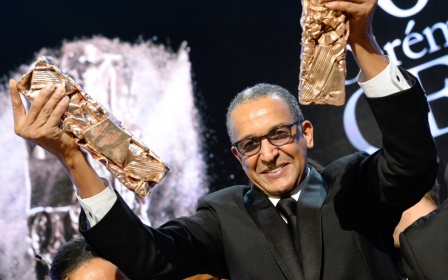Mali militant jailed for nine years for Timbuktu shrine attacks
War crimes judges on Tuesday sentenced a former militant who admitted wrecking holy shrines during Mali's 2012 conflict to nine years in prison, in the first such case to focus on destruction of cultural heritage.
During a brief trial at the International Criminal Court in August Ahmad al-Faqi al-Mahdi asked for forgiveness and said he had been swept up in an "evil wave" by al-Qaeda and the Ansar Dine groups that briefly seized control of the ancient sites.
In June and July of 2012 "10 of the most important and well-known sites in Timbuktu were attacked and destroyed. ... a war activity aimed at breaking the soul of the people," said presiding Judge Raul Pangalangan.
Prosecutors had demanded a sentence of 9 to 11 years for al-Mahdi, who sat quietly in a gray suit, nodding as the verdict was read aloud.
Judges said the sentence took into account al-Mahdi's expression of remorse and cooperation with the court.
Mahdi admitted to involvement in the destruction of key historic mausoleums and religious sites in Timbuktu dating from Mali's 14th-century golden age as a trading hub and centre of Sufi Islam, a branch of the religion seen as idolatrous by some hardline Muslim groups.
Stay informed with MEE's newsletters
Sign up to get the latest alerts, insights and analysis, starting with Turkey Unpacked
Middle East Eye delivers independent and unrivalled coverage and analysis of the Middle East, North Africa and beyond. To learn more about republishing this content and the associated fees, please fill out this form. More about MEE can be found here.





